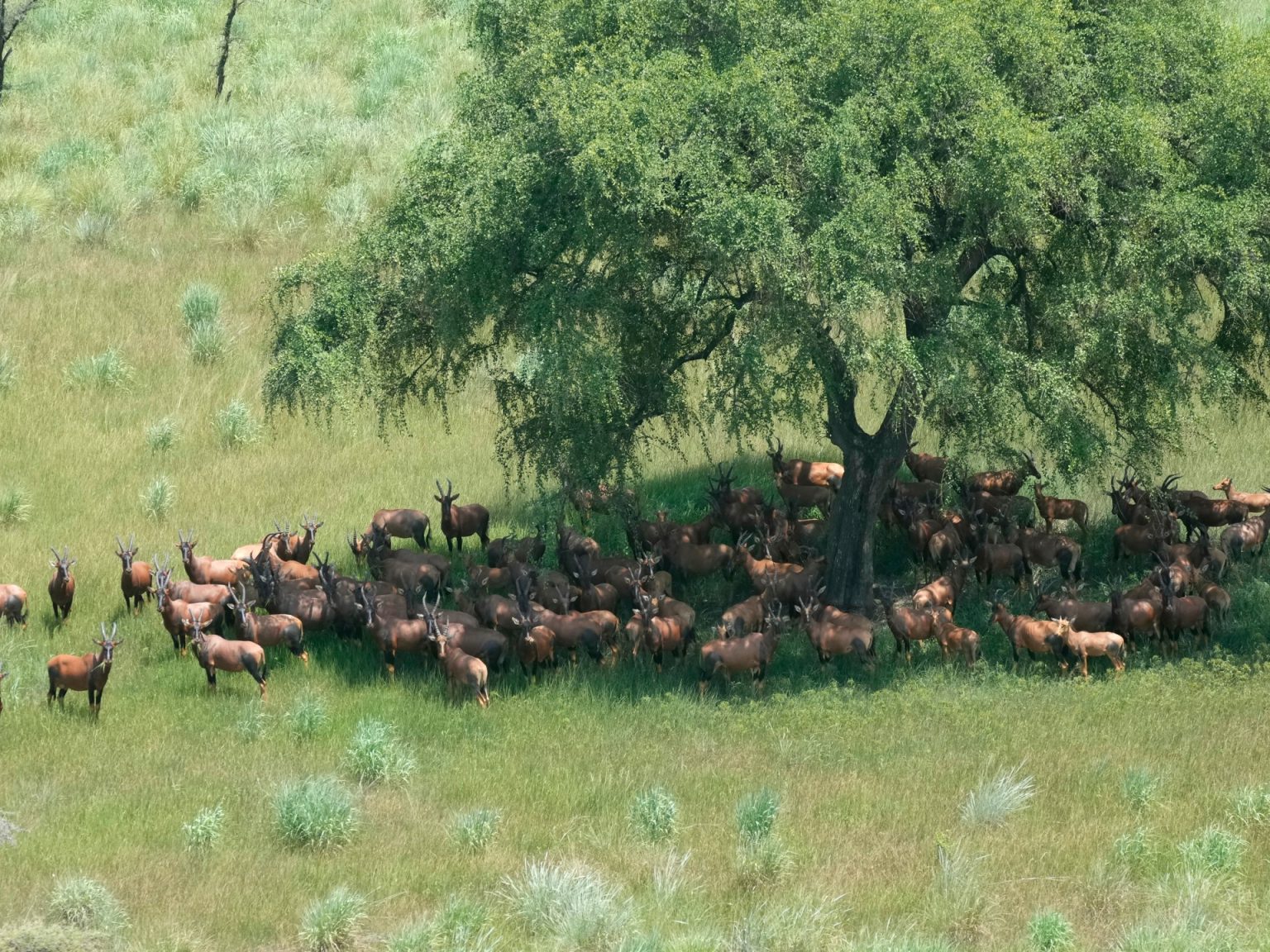The story takes place in Mading, South Sudan, where Michael Alier, a 28-year-old security guard, is forced to hunt antelope in the bush to feed his family of nine. Despite efforts by conservationists and the government to protect the antelope as part of the world’s largest land mammal migration, poaching remains rampant due to extreme poverty, hunger, and the high cost of alternative sources of food. Alier risks his life on dangerous hunting trips to provide food for his family, as the beef and goat meat available in nearby shops is too expensive for his monthly salary of $166.
South Sudan’s government is under pressure to crack down on poaching, with President Salva Kiir calling for increased training and equipping of wildlife rangers to combat poaching and trafficking. The country is home to the Great Nile Migration, a biannual migration of antelopes that plays a crucial role in the region’s ecosystem. Environmentalists emphasize the need to protect the migration, but the economic challenges facing the population make it difficult to end poaching. Poverty levels are high, with more than 82% of South Sudanese living on less than $1.90 per day, and malnutrition affecting over 1.6 million children.
Alier and his family were displaced from their home by an armed gang, resulting in their relocation to Mading where they struggle to survive. The lack of food and basic necessities has led Alier to hunt antelope to feed his family, despite government warnings against poaching. Displaced people receive food rations on a monthly basis, but it is often insufficient, leading them to rely on hunting for survival. A hopeful solution lies in the potential for wildlife tourism to generate revenue for the country, if poaching can be controlled and conservation efforts are successful.
The government’s anti-poaching efforts are tied to the development of national parks and game reserves across the country, with hopes of attracting tourists and investors in natural resources. However, the challenge of combating armed poachers, who use motorbikes and machine guns, remains significant. Commercial poaching is at an unprecedented scale in South Sudan, threatening the survival of various species. Conservation efforts involve engaging local communities in wildlife preservation, but cultural practices and traditions around hunting may pose challenges to conservation initiatives.
To address the complex interplay between conservation efforts and cultural traditions, education and awareness are crucial. Bol from the Environment Protection Agency highlights the cultural significance of hunting as a source of pride and bravery among village men. Balancing the preservation of wildlife with cultural practices will require ongoing education and engagement with communities to emphasize the importance of wildlife in ways beyond hunting for food. As South Sudan grapples with economic challenges and food insecurity, finding solutions that support both conservation and the well-being of the population remains a critical task for the government and conservation organizations.













